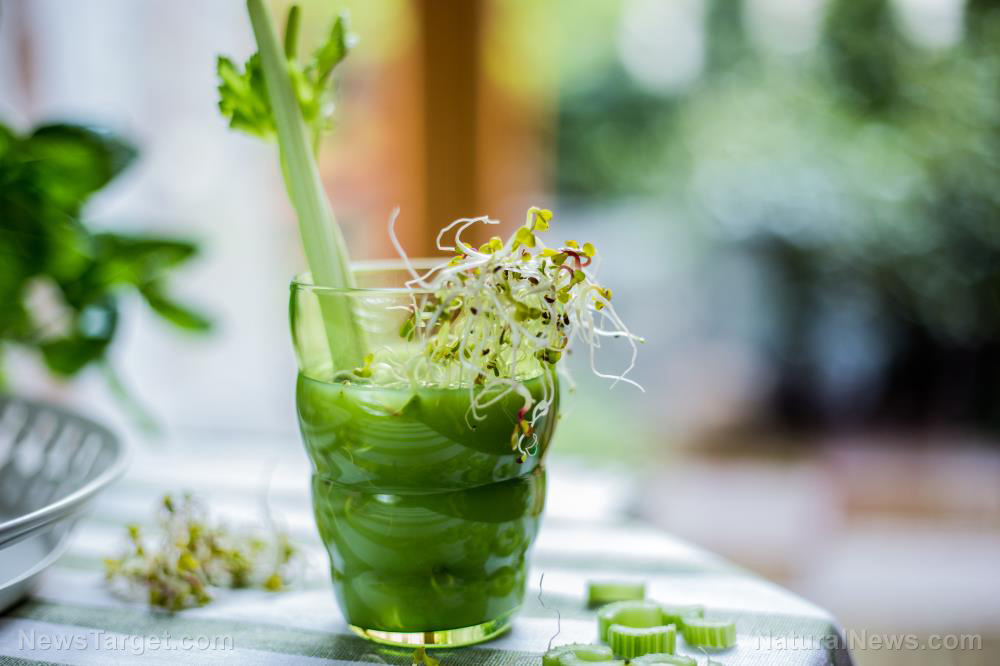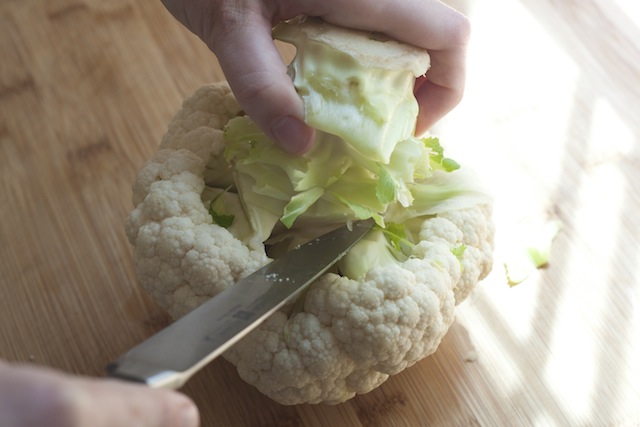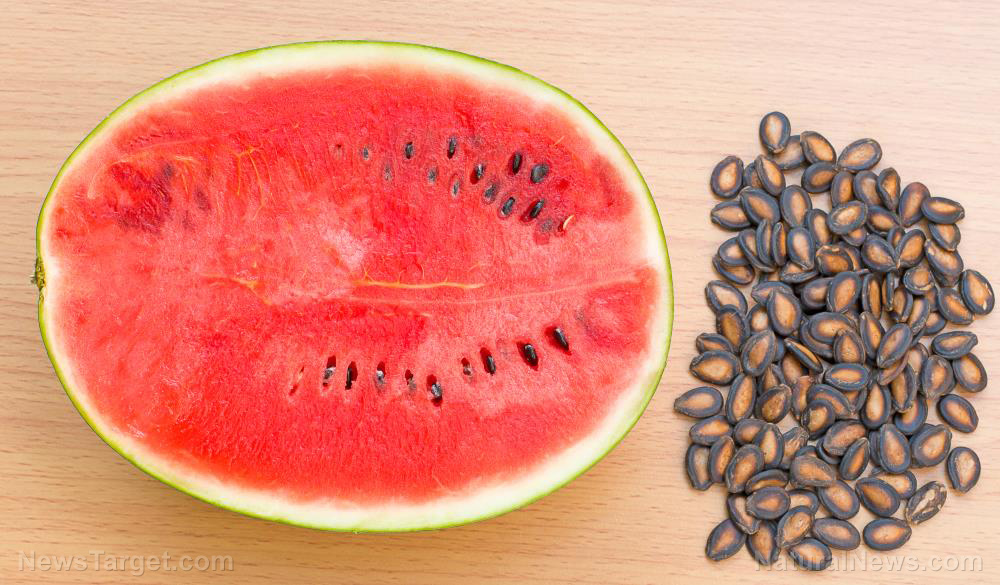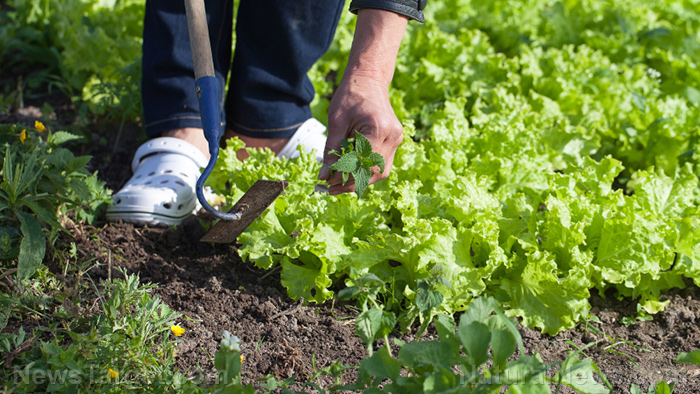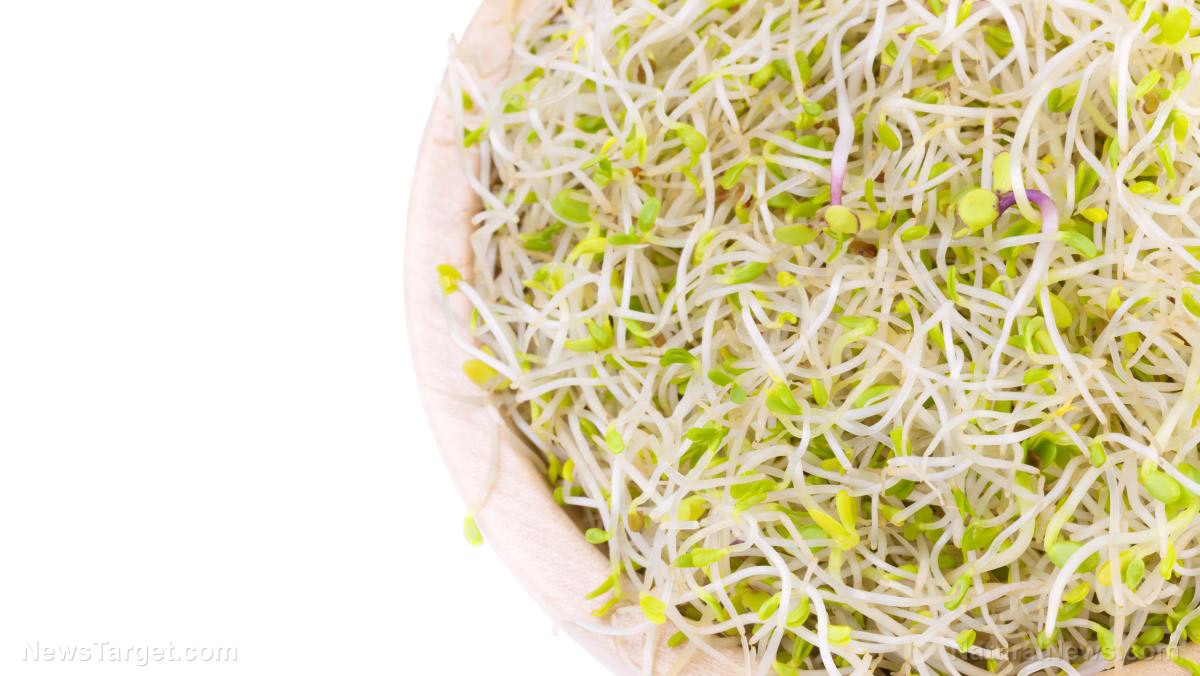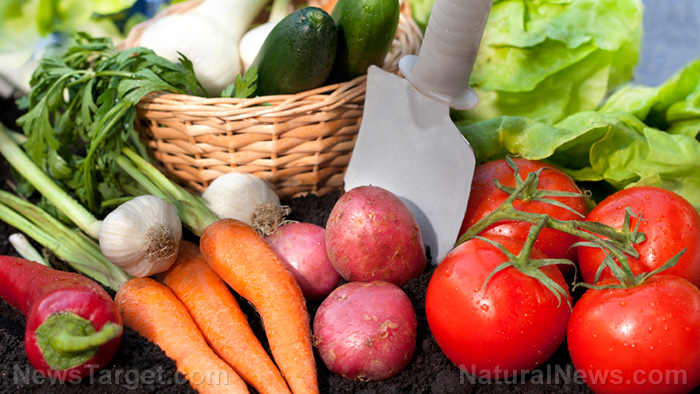5 Uncommon but nutritious vegetables you should add to your diet
07/22/2020 / By Zoey Sky
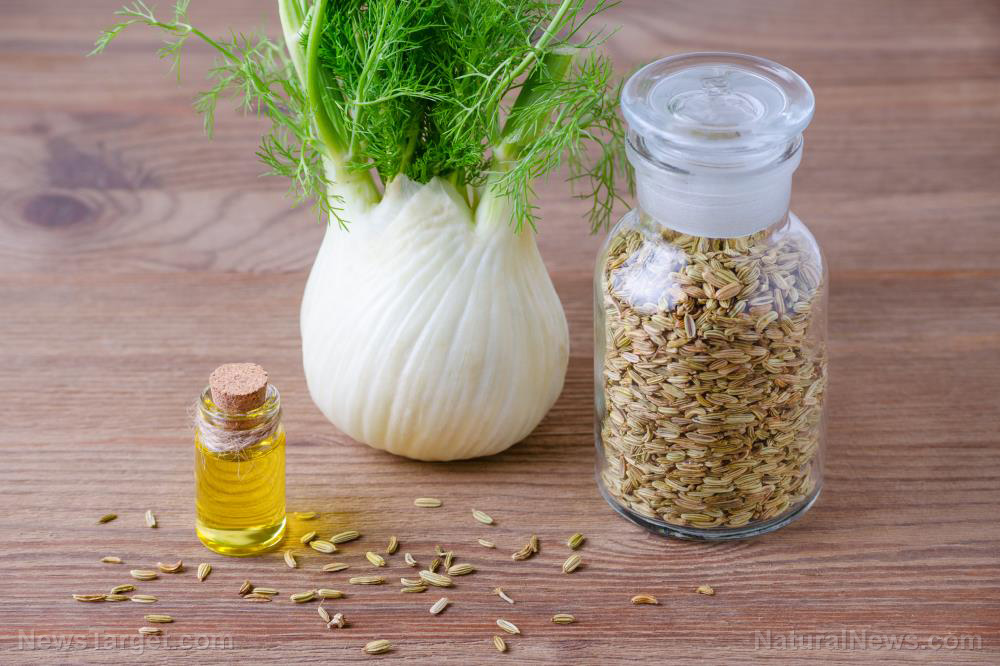
Vegetables like broccoli and kale are popular among health-conscious consumers because of their many nutritional benefits. But there are other unusual but tasty superfoods that are also good for you, such as celery root or kohlrabi.
Trying new superfoods like the ones in the list below ensures that you consume a variety of foods every day and you reap the benefits of different vegetables during each meal.
Tender celery root
Celery root, or celeriac, is the root of the celery plant. It has a brown, hairy exterior that should be peeled to reveal its tender, white flesh.
Celery root can be thinly sliced or chopped into matchsticks for a raw, tasty snack. Preparing it this way highlights celeriac’s flavor.
To cook celery root, use any method you’d use for root vegetables. Peel it first then roast it, make a soup or mash celery root. Alternatively, you can cook and blend celery root to make casseroles or savory pies.
Note that cooked celery root has a milder celery flavor, but it goes well with ingredients like lemon, mustard, parsley or raisins.
Fresh fennel
Fennel belongs to the parsley family and every part of the plant can be eaten, with each one offering a unique texture and flavor profile.
The white bulb can be eaten raw or roasted. Adding this part to traditional ingredients like Brussels sprouts, butternut squash and sweet potato will give your dish a light anise-like flavor. The same part also pairs well with onion. Sautee the white part of fennel with onions and blend it with vegetable stock to make simple and warming soup.
The green, airy fronds of fennel taste like fresh anise. Add it to finish a dish like roasted sweet potatoes or soup.
Nutty Jerusalem artichokes
Jerusalem artichokes or sunchokes are a type of root vegetable. Surprisingly, they’re not related to traditional artichokes.
Jerusalem artichokes are full of inulin, a prebiotic fiber that helps cultivate gut bacteria. Note that you should consume sunchokes moderately to avoid digestive distress caused by too much inulin.
Jerusalem artichokes are buttery, nutty and savory. Clean sunchokes by scrubbing them, then cook them like new potatoes. Use sunchokes to make soup, or roast them as a side dish. (Related: Everything you need to know about zucchini (as well as a few healthy recipes).)
Mild kohlrabi
Kohlrabi is a purple vegetable with usually “arms” growing off of it. It’s related to wild cabbage and it is a versatile ingredient.
Kohlrabi has a fresh, subtle flavor, like a milder radish. When eaten raw, you must peel kohlrabi and cut off the knobby bits. Slice it thinly for salads or coleslaw.
To cook kohlrabi, leave the peel on. Chop off the knobby parts then roast it like potatoes. Since kohlrabi has a mild flavor, it’s best to pair it with lots of spices and seasonings, like curry mixes.
Use kohlrabi bulbs to replace crunchy vegetables like broccoli, cabbage, potatoes and radishes. On the other hand, you can use kohlrabi leaves instead kale, spinach or other leafy greens.
Starchy parsnips
Parsnips aren’t as popular as carrots, but the former is also full of flavor. Versatile parsnips have a toasted, nutty flavor and a starchy texture that suits a lot of recipes for root vegetables.
When buying parsnips, look for parsnips that are heavy for their size, full and plump. Don’t buy dried or twisted parsnips.
Use parsnips to make fritters or slice them thinly to make healthier chips. Season parsnip chips with your choice of herbs and seasonings.
To make parsnip fries, slice them thinly and roast them in an oven at 400 F with salt and olive oil until brown. Alternatively, you can use parsnips to make a side dish by tossing chopped parsnips in flaky sea salt and freshly chopped rosemary.
Cook with unusual fall vegetables like kohlrabi and celery root and enjoy tasty, nutritious soups and stews.
Sources include:
Tagged Under: Celeriac, celery root, dietary fiber, digestion, fennel, food cures, food is medicine, Jerusalem artichokes, Kohlrabi, organics, parsnips, prevention
RECENT NEWS & ARTICLES
COPYRIGHT © 2017 FRESH NEWS



